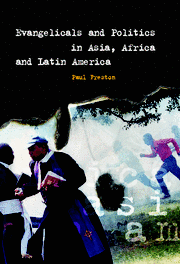Summary
Mexico is the second most populous country in Latin America and the only one with a land border with the United States. Its history is exceptionally dramatic: the site of great Amerindian civilisations, culminating in the Aztec empire conquered by the Spanish, it attained independence in 1821 but lost much of its territory (Arizona, western Colorado, Nevada, Utah, Texas, California and New Mexico) to the United States in 1848. Identity is thus caught up with the indigenous and Spanish past (60% of the population is mestizo and 30% Indian) and with proximity to the United States. Not surprisingly, nationalism has been important in Mexican history, and from 1910 Mexico staged the first great Latin American revolution of the twentieth century, whose institutional outcome, the Partido Revolucionario Institucional (PRI), and secular tradition still dominate politics.
The relationship with the regional hegemonic power, the United States, which happens to be Protestant, has influenced Protestantism's chances of achieving a positive association with national identity, vis-à-vis Catholicism (still the nominal religion of nine out of ten people) and revolutionary secularism. Two major themes in current evangelical politics are how it relates to this secularist tradition and recent incipient transformations, and how it relates to the most startling phenomenon in Mexico in the 1990s, the Zapatista guerrilla rebellion in Chiapas.
- Type
- Chapter
- Information
- Evangelicals and Politics in Asia, Africa and Latin America , pp. 200 - 211Publisher: Cambridge University PressPrint publication year: 2001



